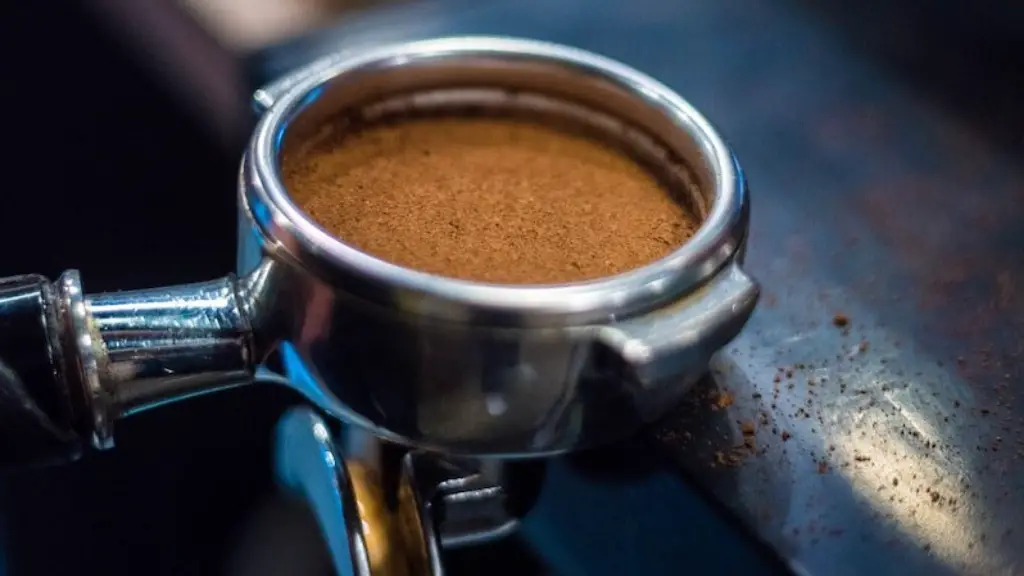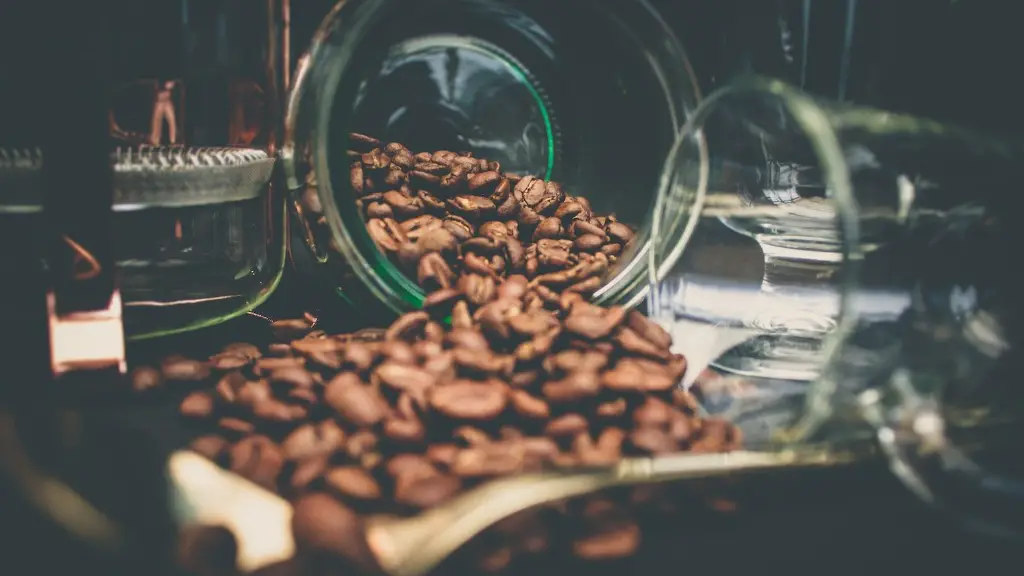Background Information
Coffee is a great source of energy and one of the most popular drinks around the world. Drinking coffee on a daily basis has its associated benefits, including improved alertness and focus, enhanced energy, and improved digestive function. The main active ingredient in coffee is caffeine, which can act as a stimulant and can influence how you feel; however, caffeine can also have adverse effects, such as increased blood pressure and a greater tendency to experience anxiety. Coffee can also contain antioxidants that may help reduce inflammation and improve overall health.
Fiber is an important nutrient that helps the body in many ways, including improving digestion, preventing constipation and helping to reduce cardiovascular disease risk. It is important for everyone to include fiber in their daily diets to maintain good health. However, there may be certain times when an individual needs to control their fiber intake, for example in cases of gastroenteritis or to alleviate certain gastrointestinal issues.
Benefits and Risks of Drinking Coffee on a Low Fiber Diet
Drinking coffee on a low fiber diet can be beneficial in certain situations. This is because coffee is a natural stimulant and contains no fiber, so those on a low fiber diet can enjoy the benefits without stressing the digestive system. Furthermore, since coffee is a natural energy booster, it can help individuals stay alert and focused on tasks, which may help prevent fatigue and general sluggishness.
However, it is important to note that although drinking coffee on a low fiber diet is generally safe, it is important to limit consumption to small amounts and not over-indulge. This is because drinking too much coffee at once may cause an increase in blood pressure, dehydration, and increased anxiety and an increased risk of heart issues. Additionally, it is important to consume caffeine responsibly and to only consume it in moderation.
Relevant Data
The amount of caffeine in coffee depends on the variety and how it is prepared. A standard cup of drip coffee contains approximately 95-200 mg of caffeine. Other types of coffee, such as cappuccino or espresso, may contain higher concentrations.
When consumed responsibly and in moderation, drinking coffee on a low fiber diet can provide a range of benefits. According to a recent study, moderate coffee consumption can reduce the risk of developing type 2 diabetes, stroke and cardiovascular disease. Furthermore, a study conducted by the Harvard School of Public Health found that people who drink between 2 and 4 cups of caffeinated coffee per day have a lower risk of death from all causes.
Perspectives from Experts
Dr. Richard Aronson, an acclaimed nutritionist and professor at the University of Florida, has recommended coffee as an alternative to high-fiber foods on a low fiber diet. According to Aronson, “Coffee is a low-fiber and low-energy beverage, and its potential to increase alertness and focus can help individuals cope with the lack of fiber in their diets. Additionally, coffee is rich in antioxidants and flavonoids, which may help protect against certain diseases. However, it is important to use caution and consume coffee in moderation.”
In addition, leading nutritionist Dr. Alec Blomquist believes that people on a low fiber diet should avoid energy drinks and heavy coffee consumption. According to Blomquist, “Coffee is an excellent choice if you are trying to increase your energy without taking in a lot of fiber. However, individuals should be mindful of the amount that they consume on a daily basis, as ingesting too much caffeine can lead to negative effects such as anxiety, insomnia, and headaches. Additionally, it’s important to consider other potential sources of fiber in your diet and make sure that you are still getting the nutrients you need.”
My Insights and Analysis
When taken in moderation, drinking coffee on a low fiber diet can be beneficial for individuals. However, it is essential to be aware of the potential risks associated with caffeine consumption, such as high blood pressure, anxiety and other cardiovascular issues. Additionally, it is important to note that when on a low fiber diet, individuals should consider other sources of fiber to maintain a balanced diet.
Many studies suggest that while over-indulging in coffee may be associated with adverse effects, drinking moderate amounts of coffee can reduce the risk of stroke, cardiovascular disease and type-2 diabetes, and provide mild stimulation, improved alertness and focus.
Alternatives to Coffee
Although coffee can be beneficial in moderation when on a low fiber diet, individuals may choose to opt for some alternative beverages. Herbal teas and fruit juices can provide a natural boost of energy without the associated risks of caffeine. Additionally, smoothies are an excellent source of nutrients, and they are also a great way to increase fiber intake with natural ingredients.
In addition, chamomile, lemon balm and ashwagandha tea can be drank, as they offer natural benefits, such as relaxation and calming effects. Furthermore, green, black or white tea may provide some additional benefits, with lower concentrations of caffeine.
Quantity & Frequency
It is important to remember that coffee should be consumed in moderation and within limits when on a low fiber diet. The Academy of Nutrition and Dietetics recommend that those on low fiber diets limit their coffee intake to no more than 2-3 cups a day. Additionally, individuals should check the labels of the coffee they are consuming to ensure that it is appropriate for their diet.
Individuals should also be mindful of the type of coffee they are drinking, as some varieties contain higher levels of caffeine than others. For example, espresso and cappuccino can contain up to three times more caffeine than a regular cup of coffee. It is important to note that the American College of Gastroenterology recommend limiting caffeine intake to no more than 400mg per day in order to minimize any associated adverse effects.
Is Coffee Right for Low Fiber Diets?
Overall, coffee can be beneficial for those on low fiber diets, and experts agree that drinking coffee in moderation can offer health benefits with few risks. While overindulging is not recommended, certain studies have suggested that drinking moderate amounts of coffee can reduce the risk of stroke and cardiovascular disease and may provide improved energy and alertness.
Individuals should also consider alternative beverages and sources of fiber such as smoothies, herbal teas and fruit juices when following a low fiber diet to ensure that they meet their nutritional requirements. It is important to remember to keep track of the amount of coffee that you are drinking and to always stay within the recommended guidelines.


